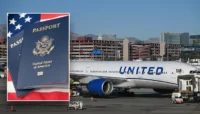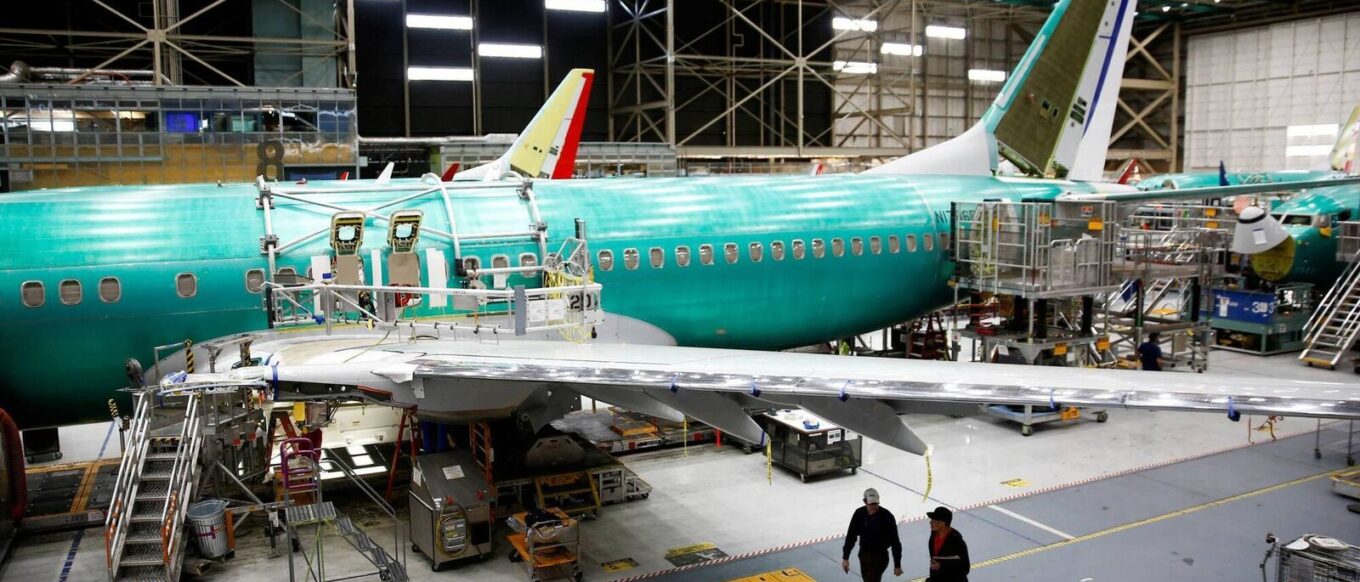At the recent Airline Economics conference, industry leaders highlighted a pressing issue: shortages of aircraft and parts are taking precedence over environmental sustainability efforts. This shift has raised concerns about potential “ESG fatigue,” which could hinder progress toward the aviation sector’s environmental goals. The scarcity of new jets and components has forced airlines to continue operating older, less fuel-efficient aircraft, complicating the industry’s commitment to achieving net-zero carbon emissions by 2050. Despite these challenges, experts emphasize the ongoing importance of sustainability and caution against deprioritizing environmental initiatives.
Blog Post: Navigating the Turbulence: Aviation’s Balancing Act Between Operational Demands and Sustainability
In the dynamic world of aviation, balancing immediate operational needs with long-term sustainability goals is a complex endeavor. The recent Airline Economics conference shed light on a pressing issue: the industry’s current focus has shifted from environmental sustainability to addressing acute shortages of aircraft and parts. This pivot raises critical questions about the future of aviation’s commitment to environmental, social, and governance (ESG) principles.
The Immediate Challenge: Aircraft and Parts Shortages
Global supply chain disruptions have led to a scarcity of new aircraft and essential components. Airlines, striving to meet rising travel demand, find themselves compelled to extend the service life of older, less fuel-efficient aircraft. This situation not only increases operational costs but also hampers efforts to reduce carbon emissions. The reliance on aging fleets presents a significant obstacle to the industry’s environmental objectives.
The Risk of ESG Fatigue
As airlines grapple with these operational challenges, there is a growing concern about “ESG fatigue.” The fear is that pressing economic and logistical issues might overshadow the industry’s dedication to sustainability. However, sidelining ESG commitments could have long-term repercussions, including regulatory penalties and a loss of consumer trust. Maintaining a focus on sustainability is not just ethically imperative but also essential for the industry’s resilience and future growth.
Sustainability: A Non-Negotiable Objective
Despite the current hurdles, industry experts stress that sustainability must remain a core focus. The aviation sector accounts for approximately 2-3% of global carbon emissions and faces increasing scrutiny from regulators and the public. In the European Union, for instance, there is a strong push for the adoption of Sustainable Aviation Fuel (SAF) and stricter emissions standards. Neglecting these environmental responsibilities could lead to stringent regulations and financial penalties, further complicating the industry’s recovery and growth.
The Path Forward: Integrating Operational Efficiency with Sustainability
To navigate these challenges, the aviation industry must adopt a holistic approach that integrates operational efficiency with sustainability. Strategies may include:
- Investing in Technology: Accelerating the development and adoption of fuel-efficient technologies and alternative energy sources can mitigate environmental impacts.
- Strengthening Supply Chains: Building more resilient and diversified supply chains can alleviate shortages and reduce dependence on single sources.
- Collaborative Efforts: Stakeholders, including manufacturers, airlines, and governments, need to collaborate on policies and initiatives that balance economic viability with environmental responsibility.
Conclusion
The aviation industry stands at a crossroads where immediate operational demands intersect with long-term sustainability goals. While addressing the pressing issue of aircraft and parts shortages is crucial, it should not come at the expense of environmental commitments. By embracing innovative solutions and fostering collaboration, the industry can navigate these turbulent times and emerge stronger, ensuring a sustainable future for air travel.








